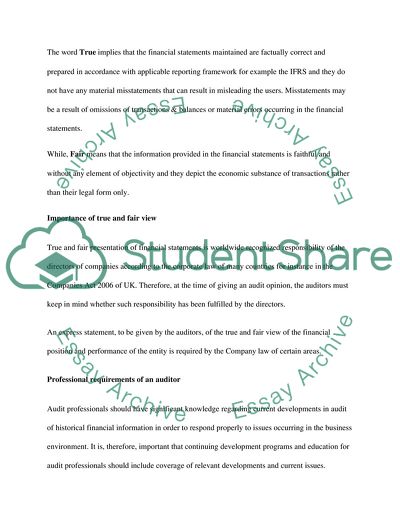Cite this document
(Audit and auditor in accounting Essay Example | Topics and Well Written Essays - 2000 words, n.d.)
Audit and auditor in accounting Essay Example | Topics and Well Written Essays - 2000 words. https://studentshare.org/finance-accounting/1822892-audit-and-auditor-in-accounting
Audit and auditor in accounting Essay Example | Topics and Well Written Essays - 2000 words. https://studentshare.org/finance-accounting/1822892-audit-and-auditor-in-accounting
(Audit and Auditor in Accounting Essay Example | Topics and Well Written Essays - 2000 Words)
Audit and Auditor in Accounting Essay Example | Topics and Well Written Essays - 2000 Words. https://studentshare.org/finance-accounting/1822892-audit-and-auditor-in-accounting.
Audit and Auditor in Accounting Essay Example | Topics and Well Written Essays - 2000 Words. https://studentshare.org/finance-accounting/1822892-audit-and-auditor-in-accounting.
“Audit and Auditor in Accounting Essay Example | Topics and Well Written Essays - 2000 Words”. https://studentshare.org/finance-accounting/1822892-audit-and-auditor-in-accounting.


